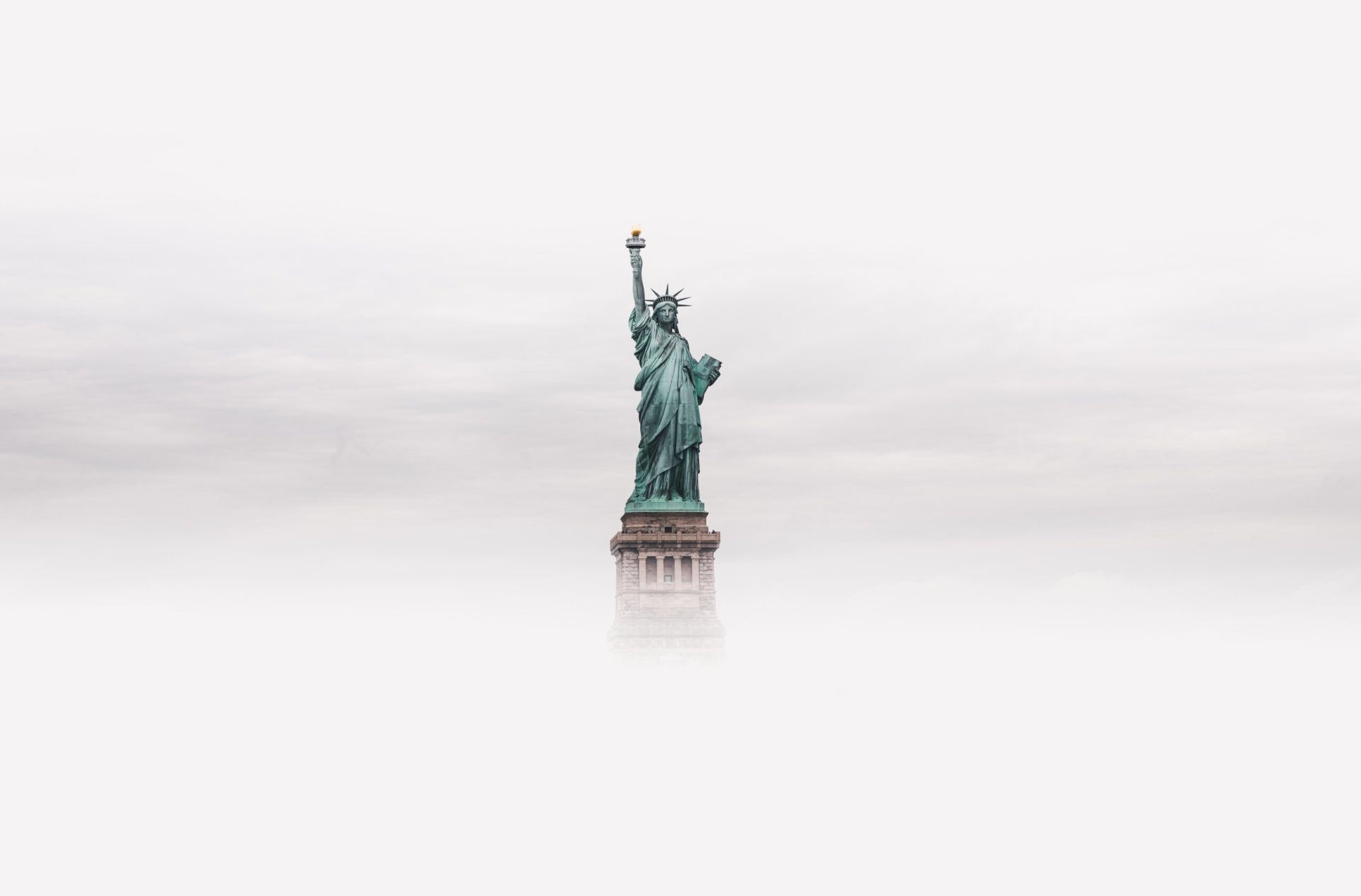
On Friday, December 10th, the Food and Drug Administration approved an Emergency Use Authorization for Pfizer’s COVID-19 vaccine. Days later, on Monday the 14th, hospitals nation-wide received their first doses, bringing much-need relief to tens of thousands of front-line workers. Perhaps more importantly, 73% of Americans said they would take the vaccine – up from 63% in September/August. All of this is to say that finally, after several grueling months of isolation and once-unfathomable loss, the end is in sight. The scientific community has given us a silver-bullet – a miracle in a syringe.
Perhaps it is an overstatement to use the term ‘miracle.’ The word denotes an air of divine intervention when, in fact, this astonishing feat was forged from an unheard level of scientific coordination, global cooperation, and government support. Human ingenuity delivered this triumph. Still, after witnessing our fractured national response, it seems like the most befitting term to describe it. It is almost too good to be true that a single item could resurrect whatever sense of normalcy we lost. A ‘normal’ with more than 300,000 fewer people in it.
No matter where one is situated on the political spectrum, we owe it to those we have lost to learn from this pandemic. This era offers many lessons – about both society and ourselves – but the most painful one to comprehend is that if there wasn’t a vaccine, America would not have been able to fight the virus. If a vaccine took four years, which was the previous record for the Mumps vaccine, we would have lost hundreds of thousands of more Americans. Maybe even a million.
Other countries were able to tamp down on the virus without a vaccine. The most notable example is New Zealand, which locked down early, closed its borders, and crafted a transparent, four-tier lockdown system – each with a different level of restrictions. These measures were put in place as early as March, making them the strictest at the time; however, Prime Minister Jacinda Ardern said she would “make no apologies” for the level of security. Taiwan, Australia, and others enacted similar measures.
The most apparent difference between these countries and the United States was our absence of national leadership. Our lack of guidance came from both parties on all levels of government. Some figures openly defied the very restrictions they implemented, while others insisted on “business as usual” despite the medical community begging for common sense.
The chief offender was President Trump himself. His politics aside, almost every action he took – from holding maskless campaign rallies, endangering his own Secret Service personnel, to promoting unproven treatments – belied the messaging and advice from his very own medical advisors. One study by Cornell University that followed online COVID-19 information between January and May of this year said that Trump was one of the primary sources of misinformation surrounding the pandemic. The most egregious of all was the fact that he knew the severity of the virus as early as February 7th while publicly downplaying the threat at the same time.
But while our leadership had – and continues to have – an indelible role in our national response, it also tends to be a convenient scapegoat used to abdicate personal responsibility. Framed differently, are there perhaps fundamental differences in American culture that contributed to our pandemic response (or lack thereof)?
One place to start is our fractured media ecosystem and the resulting echo chambers that follow. Partisan networks and media outlets peddled utterly different takes of the virus. If Republicans were depicted as criminally neglecting the severity of the virus, the Dems were tarred as wolves in sheep’s clothing, ushering in a socialist authoritarian state. Each side is guilty of selling varying flavors of sensationalism.
These varying degrees of coverage had real-world implications. Throughout the spring and summer, Governor Gretchen Whitmer became the center of the pandemic debate. As her administration passed more challenging levels of pandemic restrictions, left-leaning outlets lauded Whitmar as a bastion of responsibility and level-headed leadership. Conversely, right-leaning news networks like Fox News almost immediately said her steps were infringing on individual liberties. Tucker Carlson even went so far as to compare her measures to fascism. The same day Carlson drew this comparison, armed protestors gather outside ofthe Michigan capitol. Months later, in October, the FBI thwarted a plot by militia members to kidnap her.
On an individual level, perhaps we need to reassess how we view our own personal freedoms. We should not relinquish any of our rights in a legal sense, but consider there are certain situations, certain crises, that require selfless sacrifice. There are plenty of examples in US history where the American public yielded indulgences for the greater good. But today, during this pandemic, I witnessed many people who planted their Gadsden Flags and proclaimed “Don’t Tread On Me” despite the urgent need to serve a greater good. From my experience, this phenomenon is uniquely American.
It is tortuous to consider that there are underlying cultural issues that contributed to this national tragedy. Still, it is a matter we must explore because there will undoubtedly be a future conflict that requires a uniform, federal response. One day we’ll need to do something akin to wearing masks and practicing social distancing. There will be no silver-bullets or miracles. It is not a question of if, but when.
______________________________________________________________________________________________________________________
James Meadows
The managing editor of Smerconish.com, James joined the team after a year of service working as a creative writing fellow at a high school in North Philadelphia. He graduated from the University of Pennsylvania in May of 2019, receiving the Carolyn Marvin Award for “advancing our understanding of the importance of free speech and assembly in a democratic society.” A passionate journalist, James has done stints with The Philadelphia Inquirer, The Philadelphia Citizen, WHYY, and others. Today, he is in charge of managing the website, preparing the morning newsletter, and editing all of the written submissions from the Smerconish community!
______________________________________________________________________________________________________________________







